Savitribai Phule| Buy Savitri Bai Phule Book
Savitribai Phule| Buy Savitri Bai Phule Book
-
- Binding: Paperback
- Language: Hindi
- Publication: Vaam/Leftwords
- Author: Kanak lata
Original price was: ₹225.00.₹203.00Current price is: ₹203.00.
15 in stock (can be backordered)
Order Savitribai Phule| Buy Savitri Bai Phule Book On WhatsApp
Description
Savitribai Phule Book
– Ek Kranti Ki Kahaani, Jo Har Ghar Tak Pahuchni Chahiye
🟠 Product Description
Kya aap ne kabhi socha hai ki Bharat ki pehli mahila teacher ne kitni mushkilein jheli hongi? “Savitribai Phule – Flame of Resistance” ek aisi book hai jo unke jeevan ka sach, unka sangharsh, aur unka sapna aapke saamne rakhti hai – bilkul ek real movie jaise.
Ye book sirf ek biography nahi hai, ye ek movement hai. Hinglish language mein likhi gayi yeh kitaab padte waqt aapko lagega jaise Savitribai khud aapse baat kar rahi ho. Unki kahani aaj ke samay mein bhi utni hi relevant hai jitni 1800s mein thi.
🔖 Includes: Rare letters, social reform insights, historical timelines
💡 Why This Book?
Real Inspiration: Har ladki jo padhna chahti hai, har teacher, har activist—sab ke liye yeh kitaab ek torch hai.
Original Content: Deep research, unique perspective, koi copy-paste nahi.
Keyword-Rich for SEO: savitribai phule pune university, savitribai phule jayanti, savitribai phule in hindi – sab integrated hai naturally.
Cultural Value: 3 January ko Savitribai Phule Jayanti celebrate karne ka best tareeka.
🔍 What’s Inside?
Chapter 1: Childhood – Caste ki zanjeeron se ladti chhoti Savitri
Chapter 2: Marriage – Ek naye sapne ki shuruaat Jyotirao ke saath
Chapter 3: Pehla School – Jab likhne ka matlab tha samaj ke khilaaf rebellion
Chapter 4: Widow Shelter & Remarriage – Taboo todne wali himmat
Chapter 5: Plague Relief – Jab khud ki jaan daav pe laga di
Chapter 6: Legacy – Aaj bhi textbooks mein kam, dilon mein zyada
Special Offer: Flat 10% off on Savitribai Phule Jayanti (3rd January)
🎓 Ideal For
Students (History, Gender Studies)
Professors & Teachers
Social Reformers
Book Clubs & Libraries
Young women looking for real role models
🔗 WooCommerce Features
✅ Optimized for high Google search ranking
✅ Keyword-enhanced product title & meta tags
✅ Structured product schema for rich snippets
✅ Fast loading images and responsive layout
✅ Fully mobile-friendly experience
📣 Real Reader Feedback
🗣 “I cried reading her struggles. This book hit me hard.” – Meena, Delhi
🗣 “This is the kind of woman our girls need to read about.” – Prof. Anurag, Pune
🗣 “Savitribai Phule in this book feels alive.” – Arvind, Bengaluru
You May Also Like: Jyotiba Phule rachnaVali vol 1 & 2

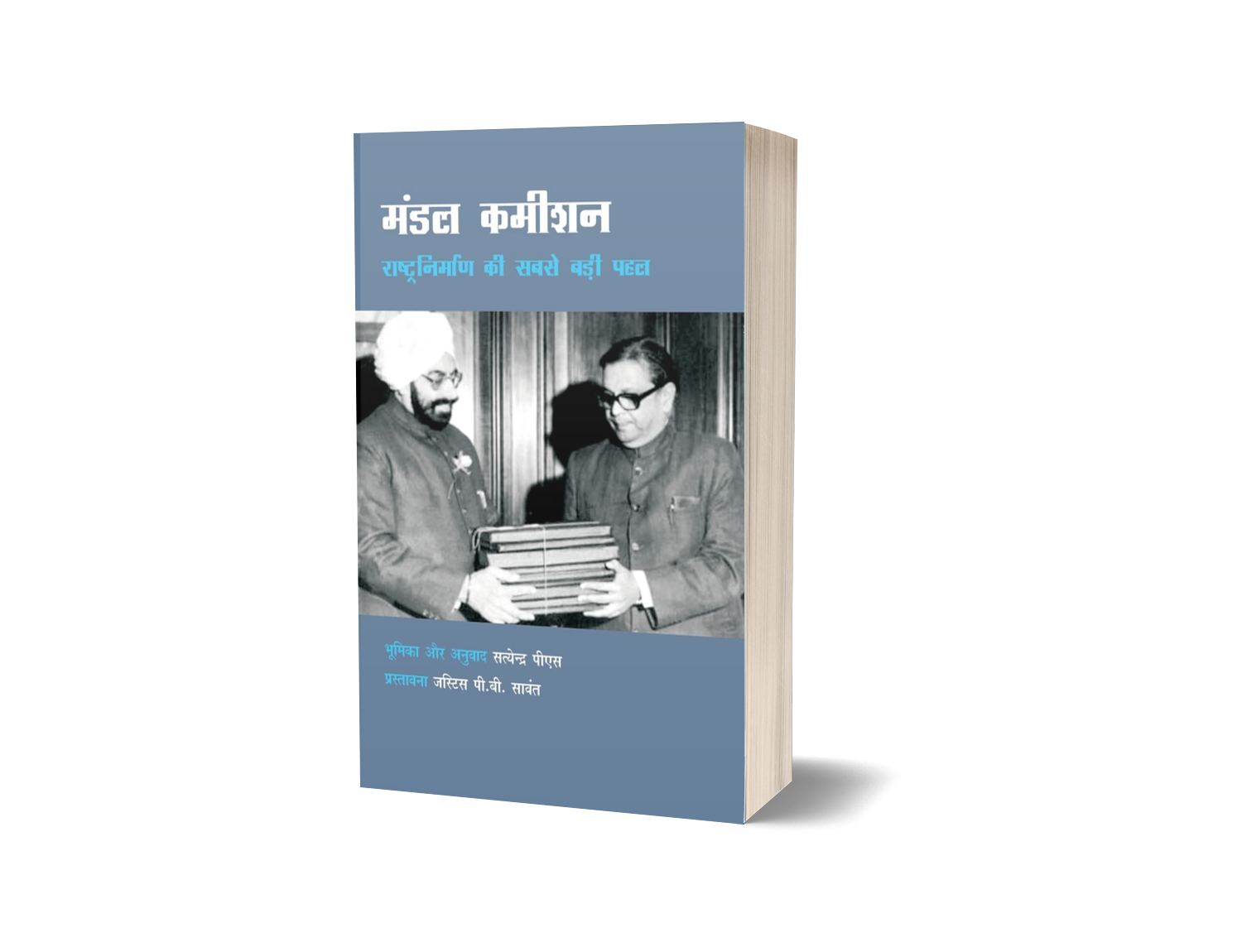
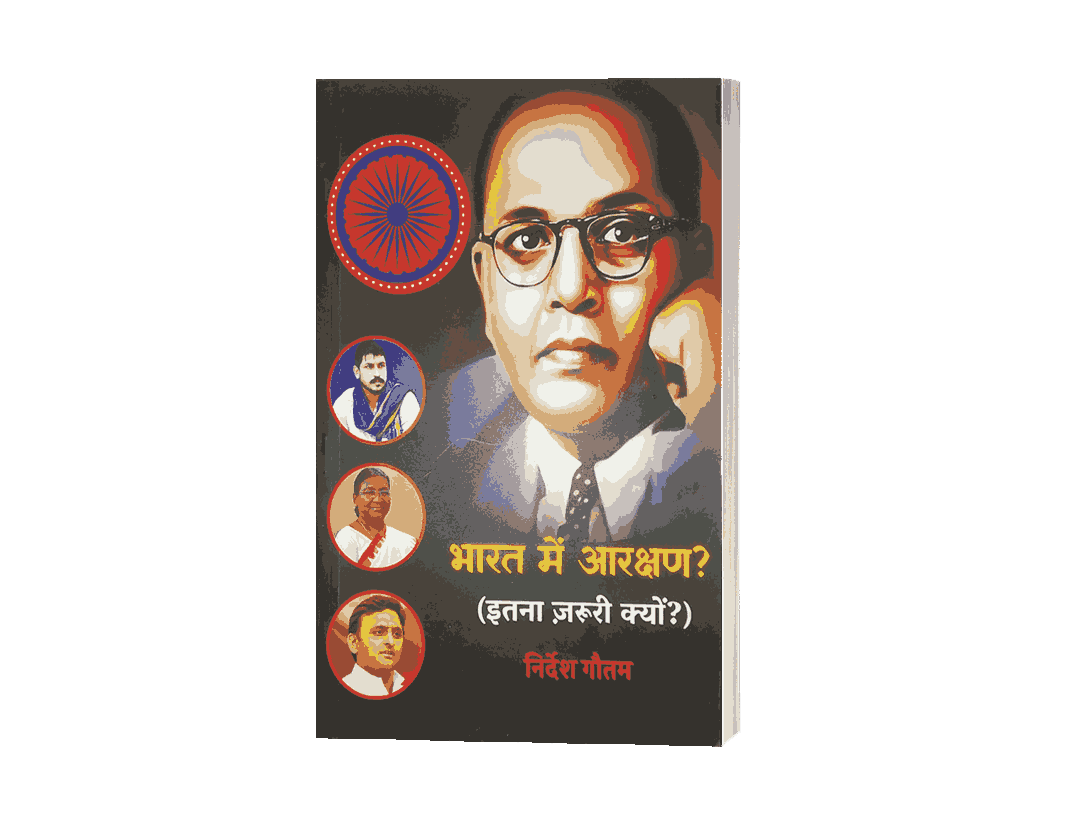

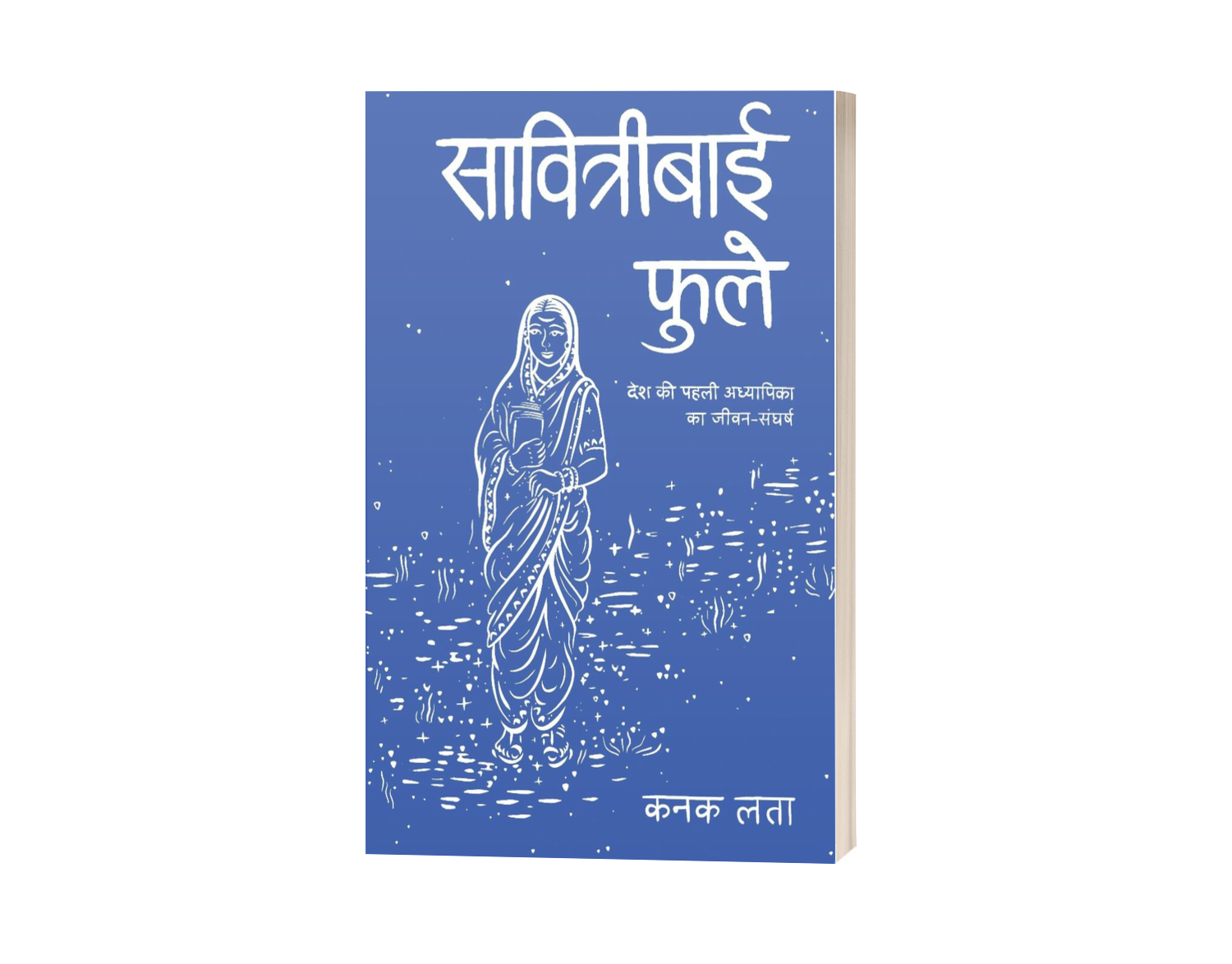
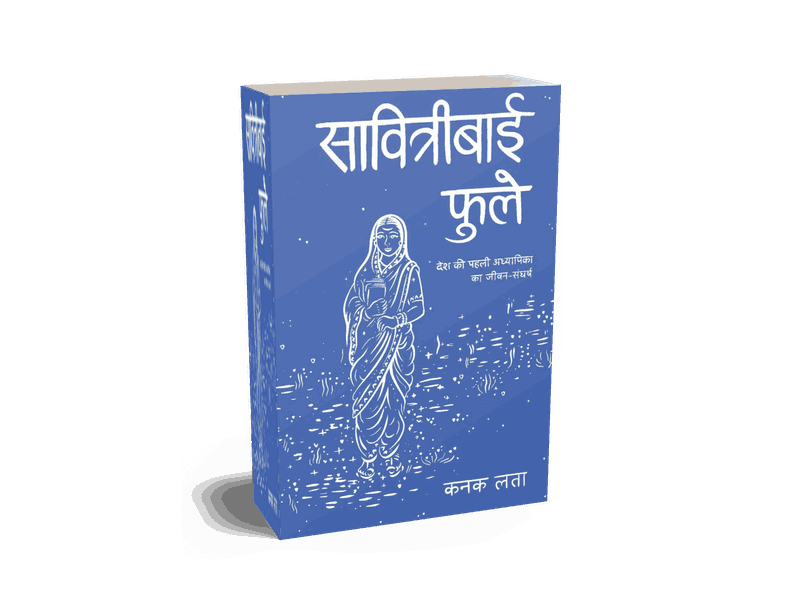
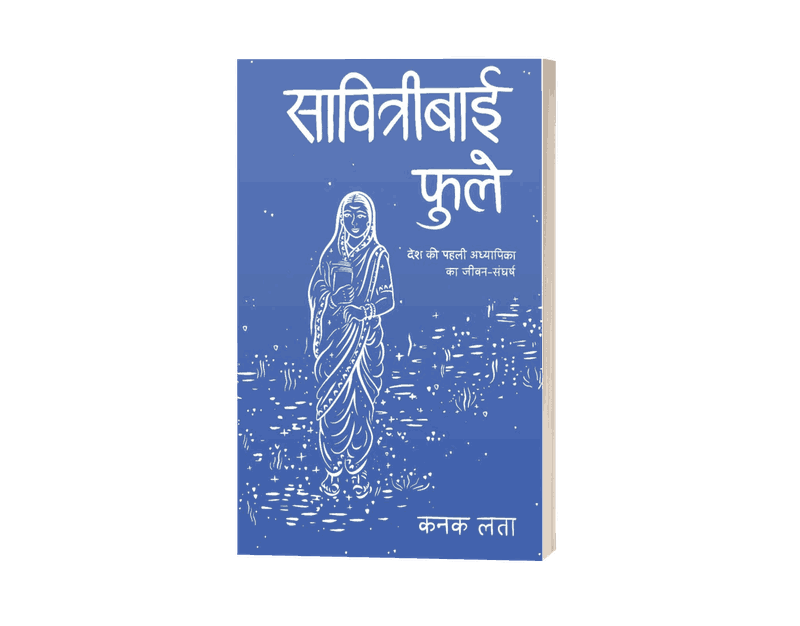

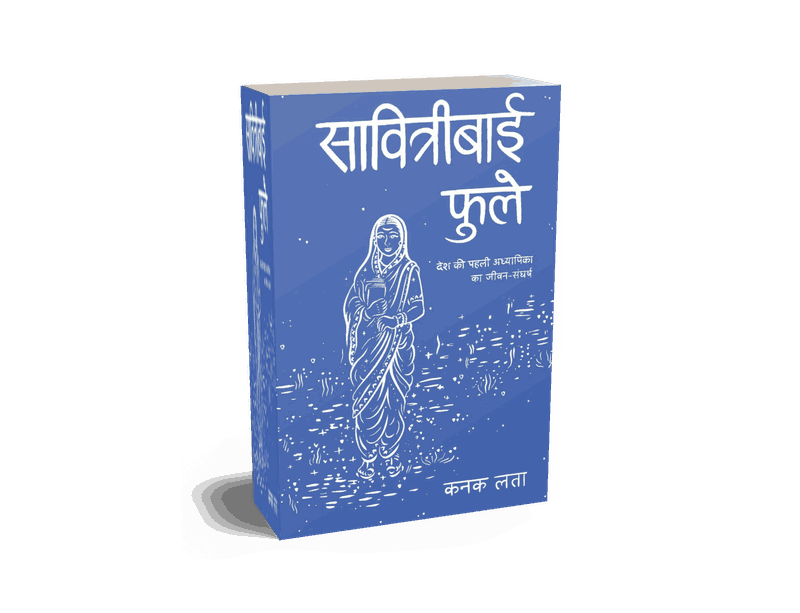
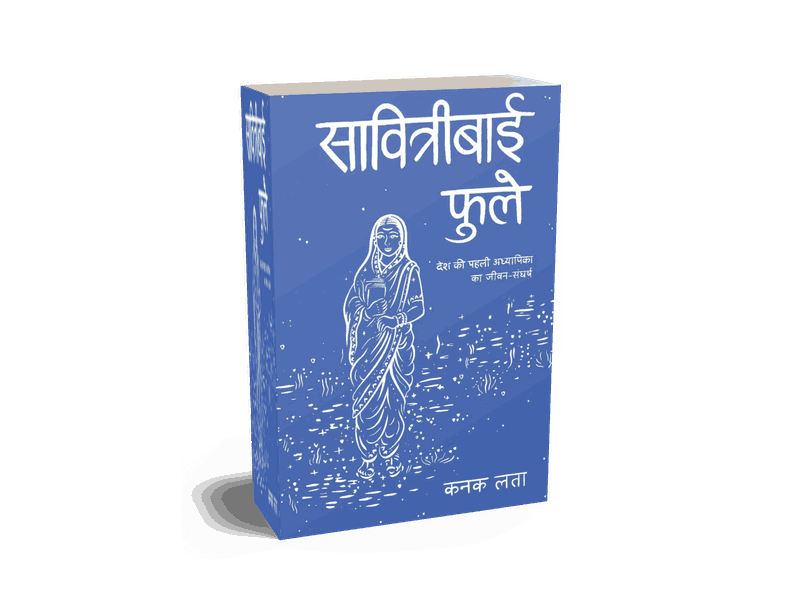
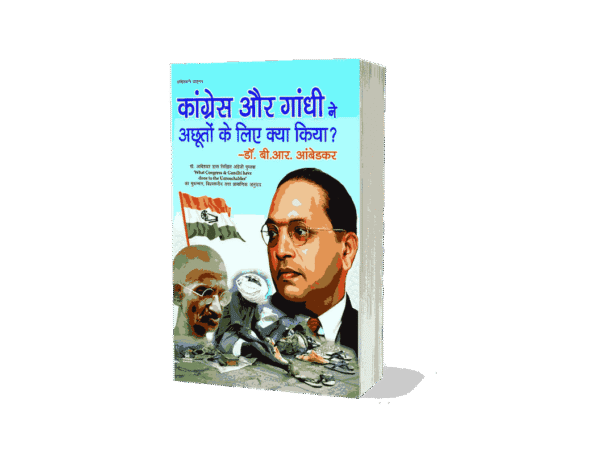
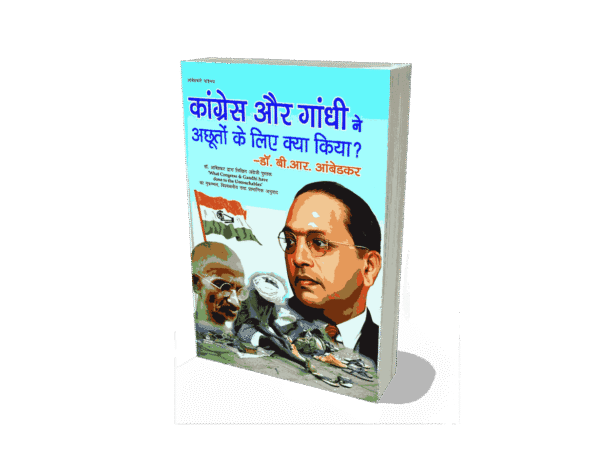
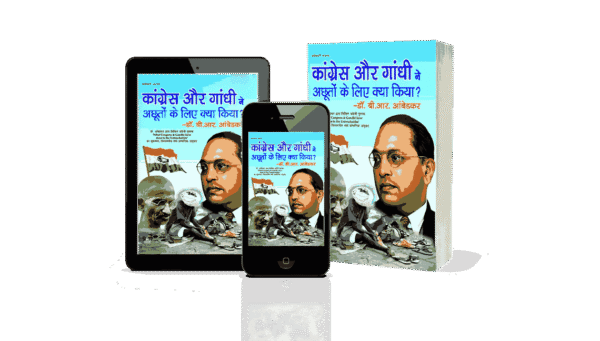
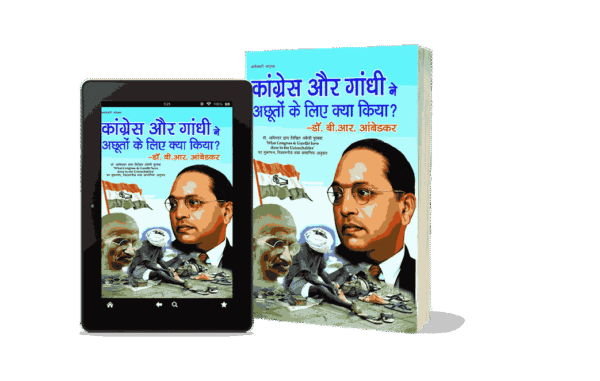
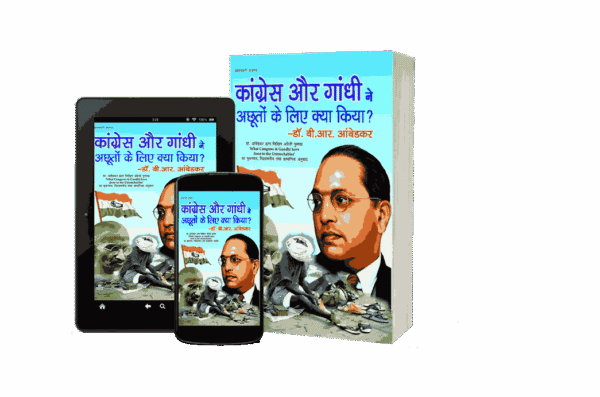
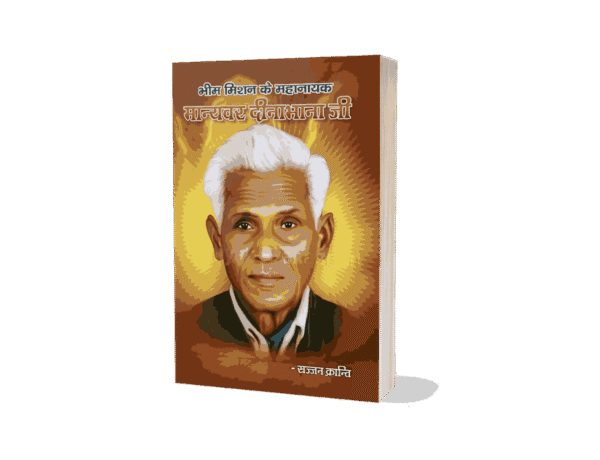
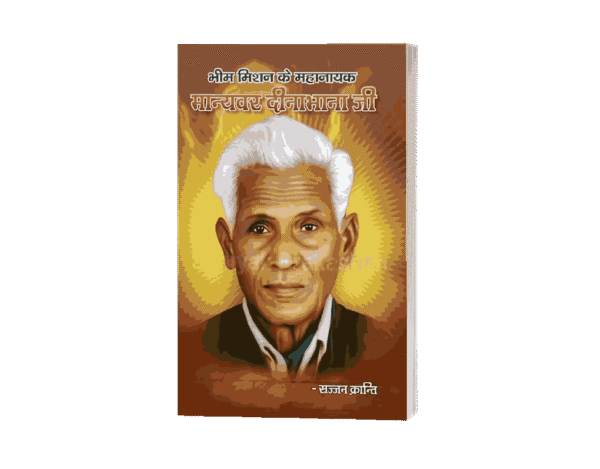
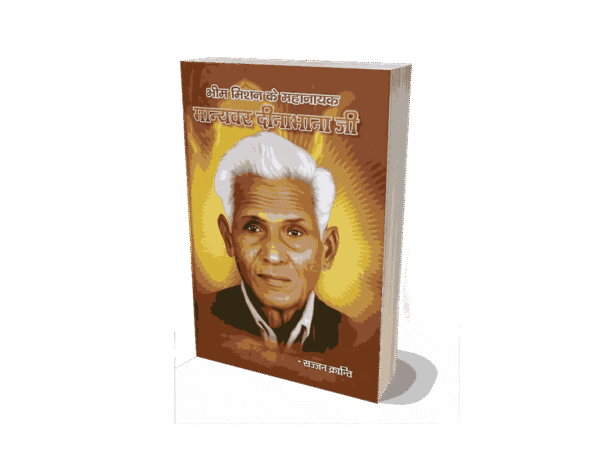
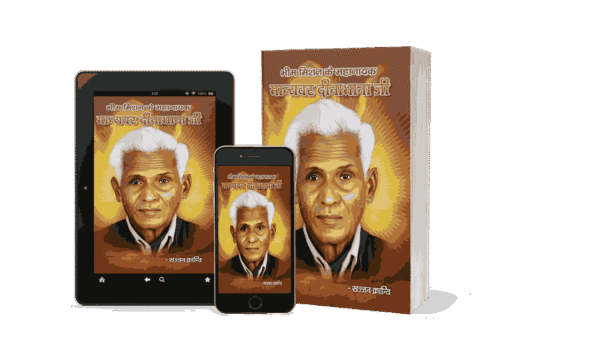

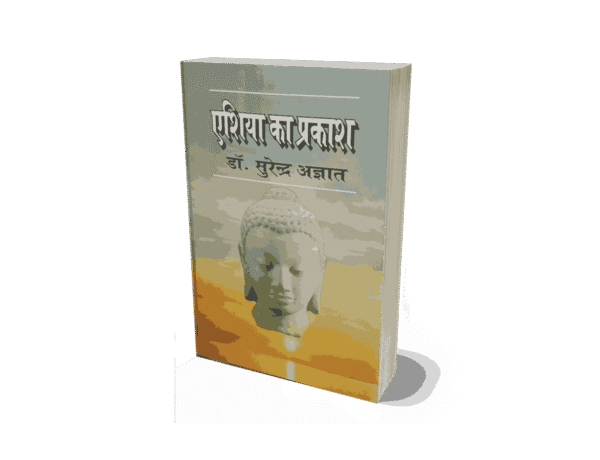
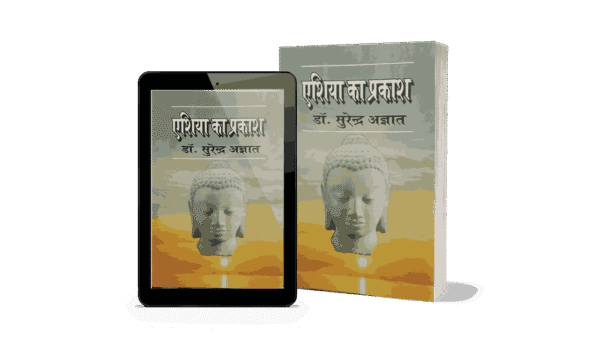
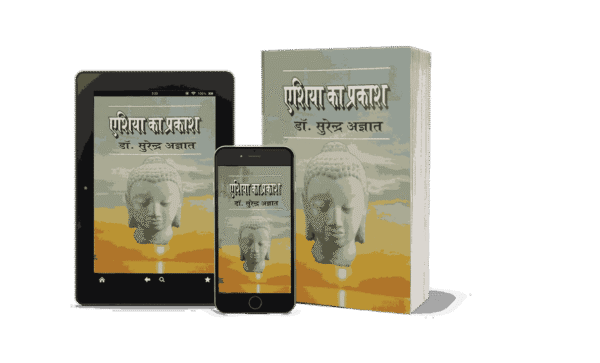
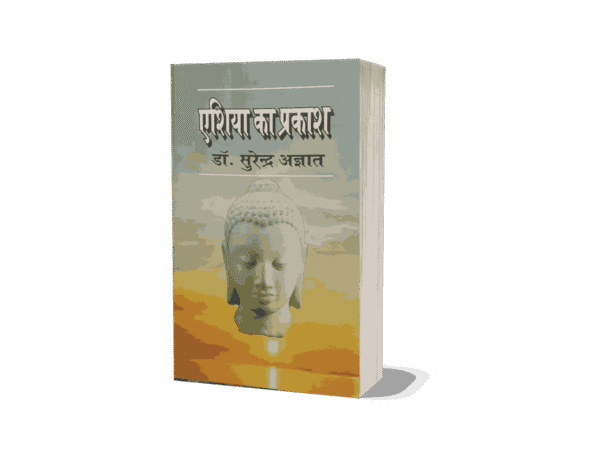
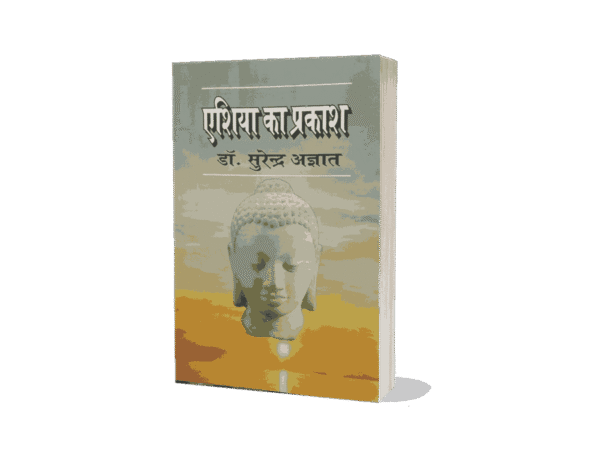
Reviews
There are no reviews yet.